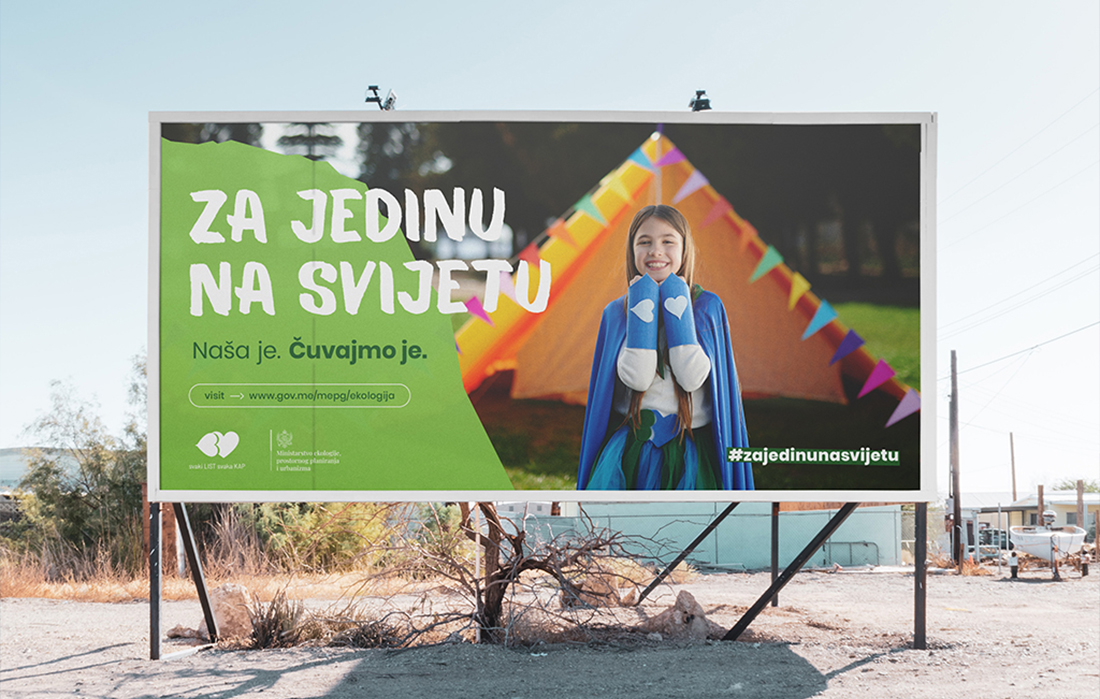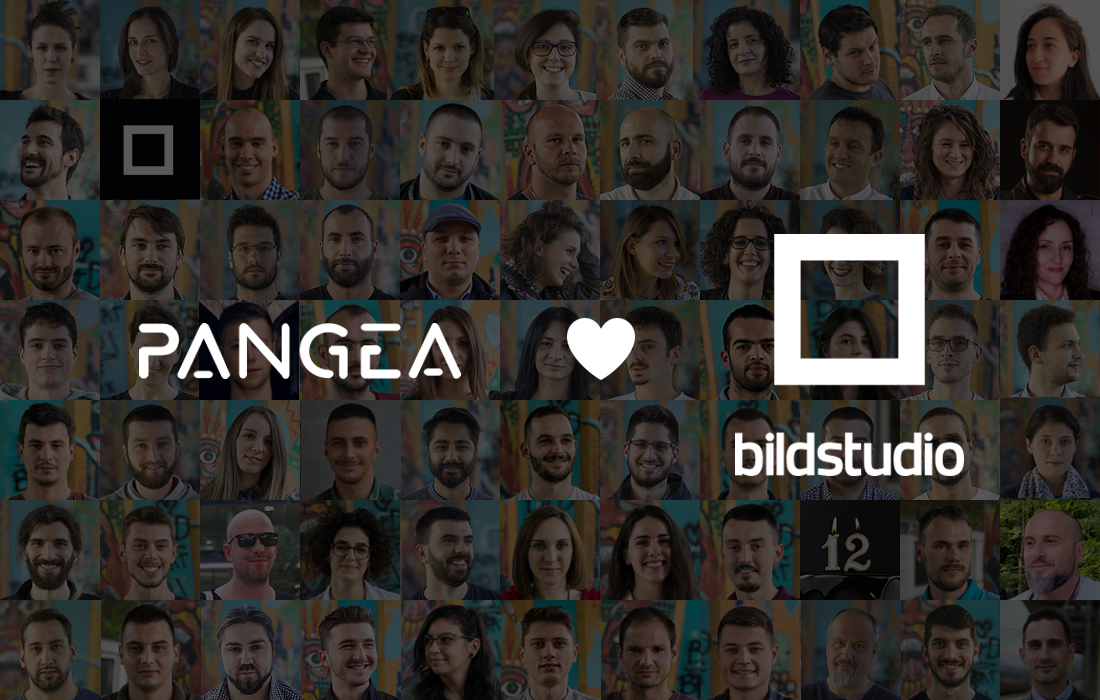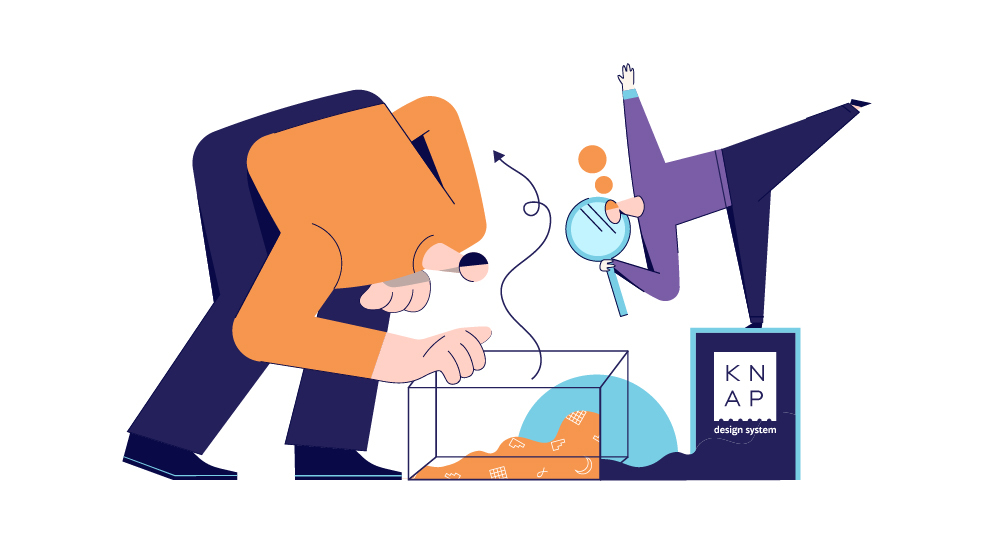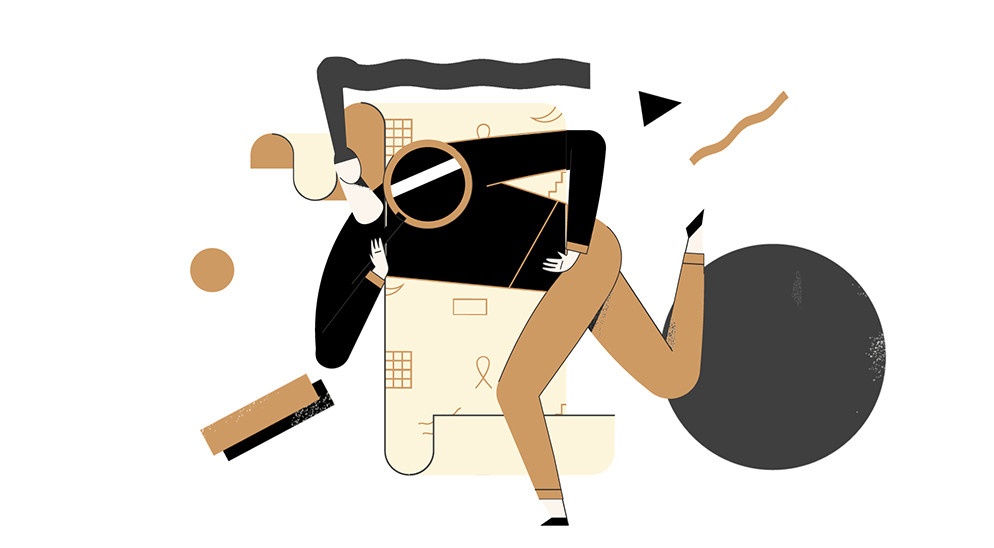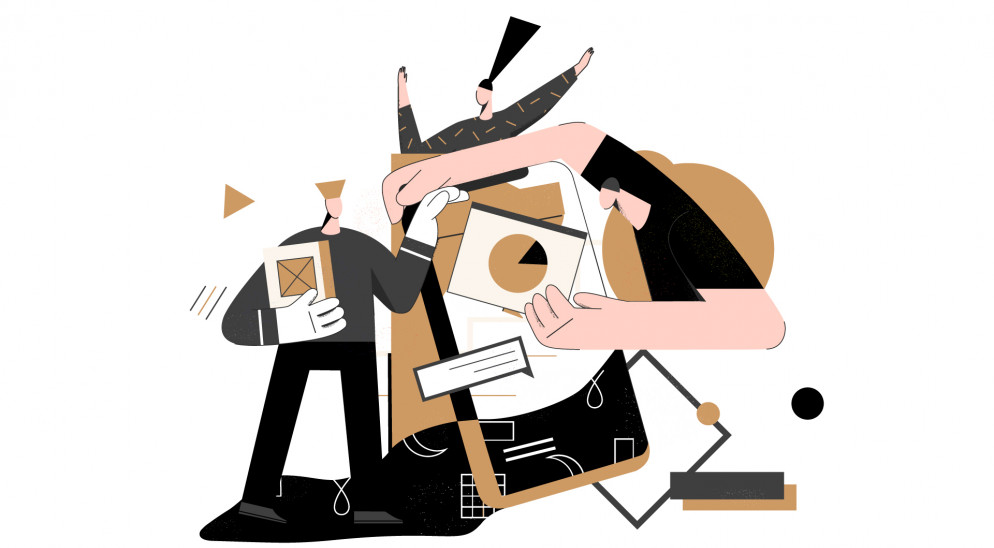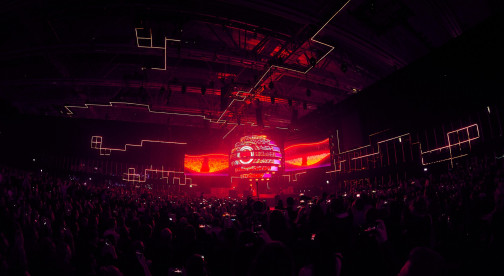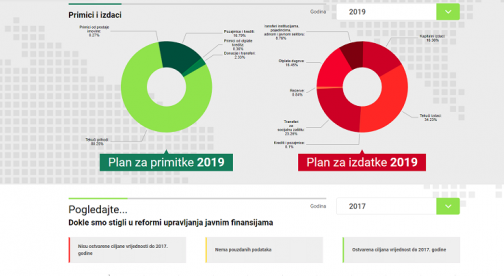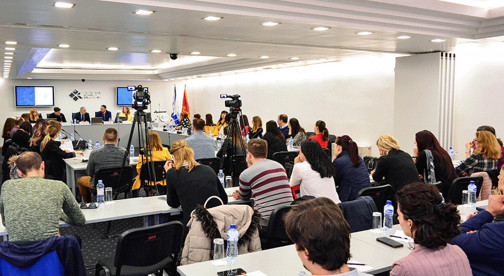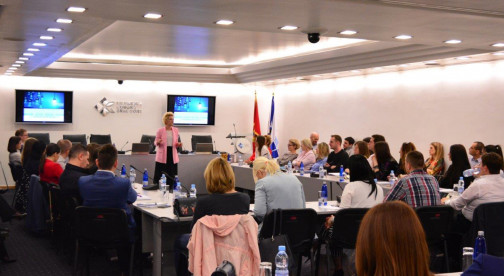
Dear colleagues,
I will be away on business next week. You know, I am going to Taiwan.
Podgorica and Taipei are separated by exactly 9, 090.96 km of beeline distance, three worlds of cultural development and thirty-something yeras of political and technological evolution. However, in Vienna, this radical difference was reduced to merely a few gates of passengers squashed in the old part of their famous airport. I believe that the Austrians themselves thought of these cities as two equally exotic destinations.
My waiting for the EVA International flight at about eleven o’clock local time came as an opportunity to, once again, meet with a person who had been shaping my knowledge through my college years and employment in DeFacto agency. This time we flew together. I thought about how it happens sometimes to meet important people on important occasions. And I certainly considered my trip to Taiwan as such an occasion.

On the recommendation of our dear colleagues from the European Bank for Reconstruction and Development we got to participate in a study tour in Taiwan within the Private Sector Youth Initiative (PSYI) programme.
PSYI aims to facilitate employability of young people by helping their transition from school to work on one hand, and working on harmonising their gained knowledge with skills they need for work, on the other. After the successful launching of the programme in Croatia in 2017, it’s in the process of expansion all over the region known as Western Balkans.
On that occasion, Bild as a young company which implements a wide range of educational programmes for its employees was invited to exchange experience with 12 representatives from the region. The dialogue was focused on best practices in terms of learning at a workplace, employing the young and helping their transition from school to work – highlighting the successful examples of work and trainings in Taiwanese context.
Although I did not believe that I would see Asia any time soon, in early April, Saška “packed my bags” and sent me to Taiwan.
- Wow you’re going to Asia …Asia :) ??? When are you coming back?
- Well, next week – I answered shortly to my colleagues’ question.
- Once we managed to check in for the flight Vienna – Taipei, the gate was already swarming with international passengers.
- Who will manage to cram all these people in the plane? Could it be there are 300?
- Maybe even 500 – we tried to estimate.
- What do you think, how much oxygen it takes to cater for all these people?
- Don’t talk about that now, we are about to fly for 12 hours.

When we arrived in Taipei, it was morning and cheerful 25 degrees. Substantial concrete surrounded all public spaces, so the images of Taiwanese suburbs evoked some similar ones – Block 5, Block 9, the Teuta Hotel, the late Fjord, Bar’s blocks of flats and Niksic’s neighbourhoods. The good old real socialism embellished with brutalist architecture served as a support for high trees and palms.
Seven hours of our lives vanished in the night, while our homeland remained behind the Sun. My impression that in Taipei all our daily obligations are finished by the time only the first coffee is drank in Podgorica wouldn’t let go till the very return. However, the best and the most important impression about that land are people, food and the feeling that public institutions have a vision about education and employment of young people.
Organisation of the entire trip was spotless. I cannot figure out how people from the Institute for Information Industry managed to incorporate educational, business and leisure activities in our three-day stay which included visiting:
- Ministry of Labour, Agency for Workforce Development
- Ministry of Education
- Institute for Information Industry
- Hungkuang University
- Kai Ping Culinary School
- Yinsh Precision Industrial Company
- Hamastar Company

Gabi, Terry, Jeffrey and Alfred from the Institute, found Olja and me at the hotel bar waiting for the rest of the delegation to join us on our visit to the famous Night Market – which is an embodiment of a real local gastro- entrepreneurial chaos. The organisation team were warm, wonderful people of different age and education. They were rather open individuals, ready to explain to us where we had come and advise us on what to see, taste and understand. The karaoke bus that drove us form place to place during the day, delicious meals and exquisite restaurants were normally the places where we would tire out our hosts with all sorts of questions:
- And tell me, how shall I put this? Okay, let it be something along the lines: do we all look the same to you like you do to us?
- Well, I don’t know. We can tell the difference between a Swede and a Spaniard, for instance – that’s pretty obvious.
- Say, Jeffrey, how come all of you have western names? Can you take whichever you want, like, maybe a Montenegrin name?
- Sure, what would I be called in Montenegrin?
- Hmm, how about Djuro?
- Djuro? That’s how you say it? Okay great. I’ll let my friends know that is my new name. :)
The list of activities was very well devised and interesting to all the participants from the region who were from various public and educational institutions, training centres and NGOs. The aim was to get familiar with Taiwanese attitude towards professional education and extra skills training which fit well into the industrial needs of the country. After day one, the situation was already clear: we had come to the country which has a complicated history, delicate politics, non-existent diplomatic relations, but a rather clear:
Vision of public institutions when it comes to education and employment (they take into account the current situation, their goals, how they test out, further plans)
Developed collaboration between public and private bodies (different ways of organising joint forums: agencies, associations, institutions)
Financing policy in relation to professional education programmes and training centres which suit the needs of national industry.
I would have thought that was the most intuitive educational-labour system development strategy that a country could have if I weren’t informed about the situation in our country, or if I didn’t have an insight into practices applied in the region. Despite the level of development, connection between institutions and industry represents (to a greater or lesser extent) an unfinished process in all the western Balkans countries, no exceptions.
We ourselves have experienced that often students cannot meet our personnel needs in terms of knowledge and skills which makes the company constantly think about investing in educational programmes, which are based on goodwill, personal experience and “doing the best we can” principle. Do we achieve any results? Very much so.

The Great Winter IT Job Training stands as a good example, since it simulates working environment for 21 trainees throughout 6 months. Why do we need this? – that is what I wonder every day. A better question is- How do we do it, how much time, space and money do we invest, what results can we expect and, finally is it all of that even legal?
No. Not in this country. Such type of internship is not accepted by national legislation.
Taiwanese educational and digital centres served as a good opportunity to check what we have been doing in Podgorica for a while now. Understanding their work structure and results thereof, I became confident that, as a company, we are on a good way and that this thing that we are doing has a more far-reaching effect than I could imagine. Their working model relies on a few essential items:
- Private sector recognises commercial interest in its relations with public institutions;
- Public institutions monitor industrial development and work on reducing the difference between education and employment;
- Job trainings are a prerequisite for employment and they encompass;
- Consolidated environment – to provide adequate equipment and working environment;
- Testing and standardisation of knowledge and skills; Issuing certificates in certain skills that are accepted by the government;
- Project-oriented work methodology;
- Budget – the government co-finances and/ or implements the programme;
- Creating a wide network of alumni and maintaining communication for the purpose of exchanging experience.
I remember sitting in the meeting room at the Ministry of Education after a panel discussion and jotting down in panic:
- We do not have visions!
- We lack predictability!
- Young people do not believe they could even have an opportunity to build a career!
- What can we do together?
I was glad to hear that the delegation experiences were somewhat similar. In the end, everyone was wondering the same thing with their eyes set on EBRD as a future forum where countries from the region would gather to discuss educational policies. Our duty is to continue “doing the best we can” and try to maintain contact with each other.
All things considered: time difference, people, visions, souvenirs and all the wonderful people that I met, I feel that I have never been on a better trip. I am especially glad that, upon my departure, I seized the opportunity to tell the Institute director, Stanly that he was working with cool people and that they had done a great job.
In the end, the problem with this country lies in the fact that you can easily listen to Simply Red, then Valentino (Boskovic) and Svemirko immediately afterwards and somehow all of that works and makes sense. I think what finally bummed me out was that I could wear a T-shirt of my local sailing team and still feel great.
To me, that meant that you could rather easily live in a city which can fit in hundreds of different worlds but that it would be great to just pack your bags and once again visit the Night Market for fried quail eggs and tofu cheese. Taipei, till next time, then!


